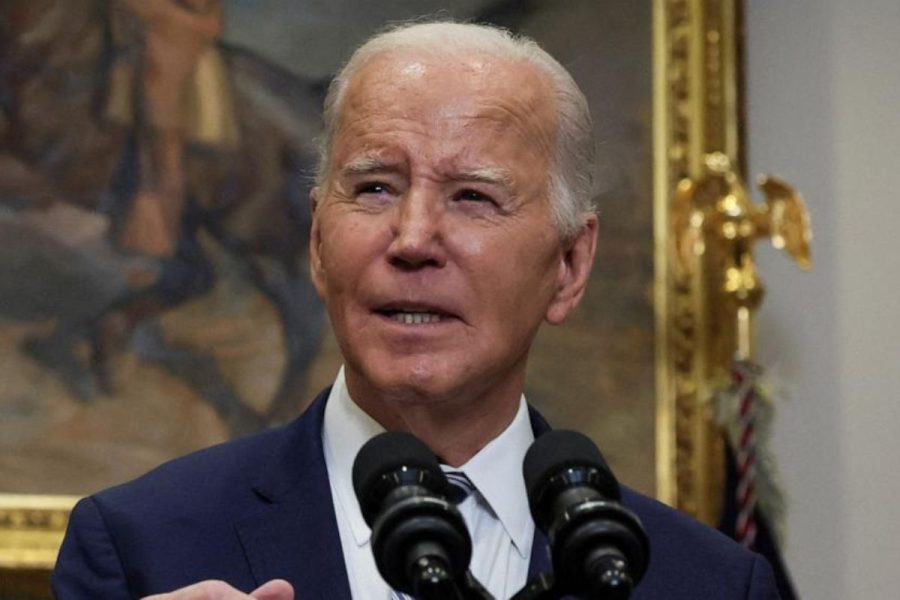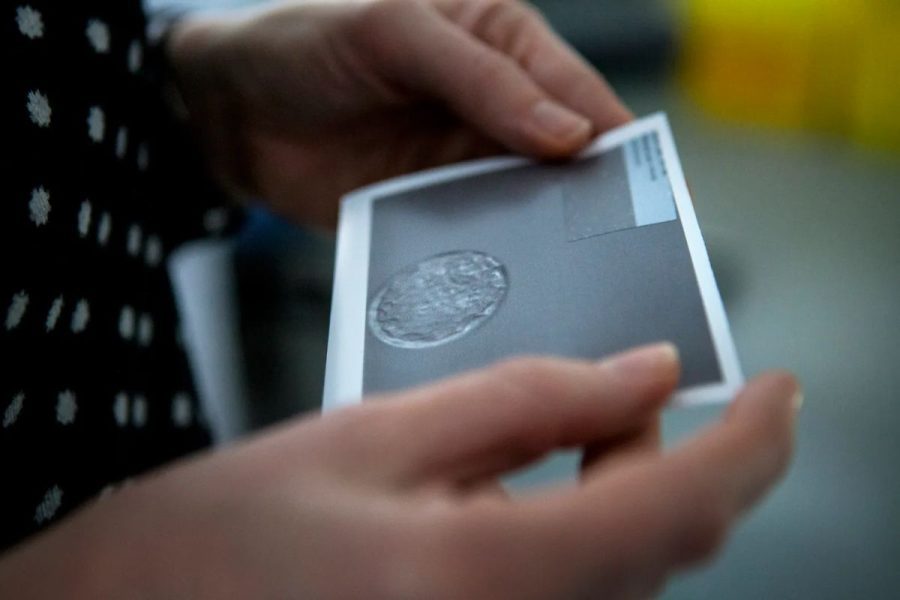Alabama Supreme Court ruling on embryos has sparked intense debate and division, particularly among those on the political left.
The case of LePage v. Center for Reproductive Medicine P.C. delves into complex legal territory, shedding light on the concept of Bench Legislation and the controversial ‘Extrauterine Exception.’
Chief Justice Tom Parker’s concurring opinion adds an intriguing layer to this already intricate legal landscape.
As we explore the historical roots of this verdict, we are confronted with questions about American founding principles and the delicate balance between law and morality that defines our nation’s heritage.
Leftist Backlash Over Alabama Supreme Court Ruling
The fervent leftist backlash in response to the recent ruling by the Alabama Supreme Court has ignited a contentious dialogue regarding the ethical implications surrounding the disposal of embryos and its legal consequences. This ruling has triggered a wave of concern among those who advocate for the protection of human life from its earliest stages. Leftists argue that destroying embryos is a violation of fundamental human rights and raises complex moral dilemmas. They question the legal framework that allows for such actions and the potential slippery slope it may create in defining the value of human life.
Moreover, the leftist backlash reflects a broader societal divide on issues of reproductive rights, bioethics, and the role of the judiciary in shaping these debates. It underscores the deep-seated convictions held by different segments of the population regarding the status of embryos and the responsibilities that come with their creation. As this debate unfolds, it brings to the forefront the intricate interplay between science, morality, and law in shaping policies that govern the beginning of human life.


Read More: Alabama Supreme Court Declares In-Vitro Embryos as Children
Case Overview: LePage v. Center for Reproductive Medicine P.C.
In the case of LePage v. Center for Reproductive Medicine P.C., a pivotal legal battle unfolds around the repercussions of a fertility clinic’s inadvertent destruction of embryos. The central issue at hand is whether parents have the right to bring a lawsuit under Alabama’s Wrongful Death of a Minor Act due to the destruction of embryos.
The crux of the matter lies in determining the legal status of embryos in the context of wrongful death statutes. The court’s ruling in this case established that an unborn child can indeed be considered a ‘minor child’ under Alabama’s wrongful-death statute, setting a significant legal precedent.
Legal Nuances: Bench Legislation and the “Extrauterine Exception”
Exploring the legal intricacies surrounding bench legislation and the ‘Extrauterine Exception’ reveals a complex landscape of legal considerations and implications.
In the case of LePage v. Center for Reproductive Medicine P.C., the key legal question revolved around whether the court should establish an ‘extrauterine exception,’ which would deny legal protection to embryos developing outside the womb. Justice Jay Mitchell, leading the court, made the decision not to legislate this exception.
This choice to uphold the existing legal framework without introducing new legislation demonstrates a cautious approach to judicial intervention in complex bioethical matters. By refraining from creating an ‘extrauterine exception,’ the court maintained consistency with established laws while avoiding potential controversies and uncertainties that could arise from carving out specific exemptions for embryos developing in non-traditional settings.
This decision highlights the careful balance that courts must strike when navigating the intersection of technology, ethics, and law in the realm of reproductive rights and bioethics.
Chief Justice Tom Parker’s Concurring Opinion
Chief Justice Tom Parker’s concurring opinion offers a profound exploration of the 2022 amendment to the Alabama Constitution, shedding light on the state’s firm commitment to recognizing and upholding the sanctity of unborn life rooted in Judeo-Christian principles. Parker meticulously contextualized the term ‘sanctity’ within the Judeo-Christian tradition, invoking biblical references and historical figures to underscore the ethical and moral underpinnings of protecting unborn life.


By intertwining legal analysis with religious and philosophical considerations, Parker’s opinion contributes to the broader discourse on the intersection of law and morality in the context of reproductive rights. However, despite the richness of Parker’s concurrence, critics have raised concerns about the potential implications of intertwining religious principles with legal interpretations, cautioning against the perceived blurring of the separation of church and state.
Accusations of ‘theocracy’ or ‘Christian nationalism’ highlight the contentious nature of navigating deeply held beliefs within the framework of constitutional law.
Historical Roots: American Founding Principles and the Role of God
An examination of the historical roots of American founding principles reveals a profound interplay between the concept of God-given rights and the fundamental beliefs held by the nation’s founders. The Founding Fathers of the United States, while diverse in their personal beliefs, often referred to a higher power in justifying the rights they sought to protect. This acknowledgment of a divine source for human rights is evident in key documents like the Declaration of Independence, where Thomas Jefferson famously wrote of “unalienable Rights” endowed by a Creator.
| Founding Principle | Role of God |
|---|---|
| Natural Rights | Acknowledging a divine source for human rights |
| Separation of Powers | Seeking guidance and wisdom from a higher power |
| Rule of Law | Belief in a moral order beyond human governance |
| Individual Liberty | Understanding of freedoms as bestowed by a higher authority |
This table illustrates the intrinsic connection between American founding principles and the role of God, emphasizing the spiritual underpinning of the nation’s legal and philosophical framework.
News In Brief
Alabama Supreme Court Ruling Sparks Leftist Backlash and Legal Debates: The recent decision in LePage v. Center for Reproductive Medicine P.C. by the Alabama Supreme Court, declaring in-vitro embryos as ‘minor children’ under the wrongful-death statute, has ignited heated discussions. Leftists express concerns about potential violations of human rights, while the ruling sets a legal precedent. The case’s nuances, including the absence of an ‘extrauterine exception,’ highlight the court’s cautious approach to bioethical matters.
Chief Justice Tom Parker’s concurring opinion, rooted in Judeo-Christian principles, adds complexity to the discourse. Critics raise concerns about the perceived fusion of religious and legal perspectives. The historical roots of American founding principles, intertwined with the role of God, contribute to the broader conversation on law, morality, and reproductive rights.

